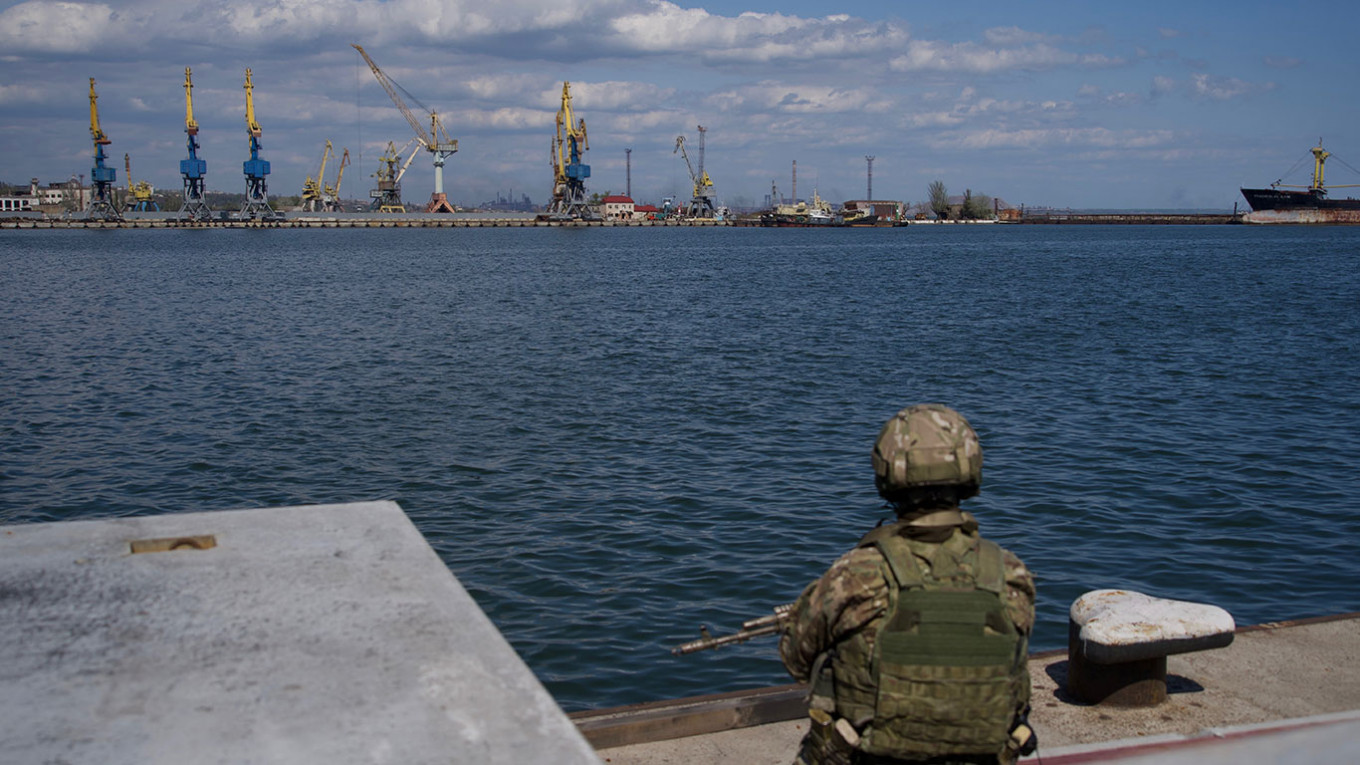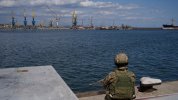According to the last public opinion poll, the trust of Lithuanian residents in the National Armed Forces is continuously growing, and NATO membership is viewed in a highly positive light. The more so, it states that 88% of respondents support allied presence on the territory of Lithuania.
It should be said, that the last report published on kam.lt, the official site of Lithuanian Defence Ministry, was conducted on 16–29 December 2021 when the increasing military expenditures did not influence the national economy as much as they impact it today.
Despite positive reports, even last year the Defence Ministry admitted that the military’s requirement for modern armaments, vehicles, equipment and supplies remains high, given the former lack of funding, increased Lithuanian Armed Forces structure, obsolescence of armaments, equipment and vehicles, and modern technology introduction costs.
The rapid increase in the number of the Lithuanian Armed Forces personnel, the increased volumes of military training and the provision of support by the host country have highlighted the shortcomings of new armaments, equipment and machinery in the units and the existing infrastructure of the Lithuanian Armed Forces. The challenges currently facing armament and infrastructure development are due not only to the need for significant financial investment, but also to the legal and technical constraints that need to be addressed.
The Ministry of National Defence admits in its report that there are critical goals that should be achieved to meet national and Allied needs in a timely and high-quality manner:
the critical task is the smooth development of three new military towns (in Šilalė, Šiauliai and Vilnius),
the military training infrastructure must be further expanded by continuing the development of the main landfills of the Lithuanian Armed Forces and making decisions on the establishment of a new landfill;
therefore the focus must be on the development of viable infrastructure, gradually moving to complex development of military towns and abandoning non-viable infrastructure. Systemic solutions are needed for the rapid, high-quality and market-based development of National Defence infrastructure, such as better regulation, in order to accelerate the implementation of projects necessary for national security.
Another big problem for the National Armed Forces is lack of their attractiveness for the youth and the motivation of the soldiers.
Lithuanian military leadership admits either that the National Armed Forces lack sufficient capabilities as a host nation. Thus, Defence Minister Arvydas Anušauskas said capability deficit is a major obstacle for NATO battalion-brigade shift. He stated that the lack of capabilities may become an obstacle to turning battalions deployed in NATO’s eastern countries into brigades.

Lithuanian MOD admits Armed Forces capability deficit | The Baltic Word
According to the last public opinion poll, the trust of Lithuanian residents in the National Armed Forces is continuously growing, and NATO membership is viewed in a highly positive light. The more so, it states that 88% of respondents support allied presence on the territory of Lithuania. It...

